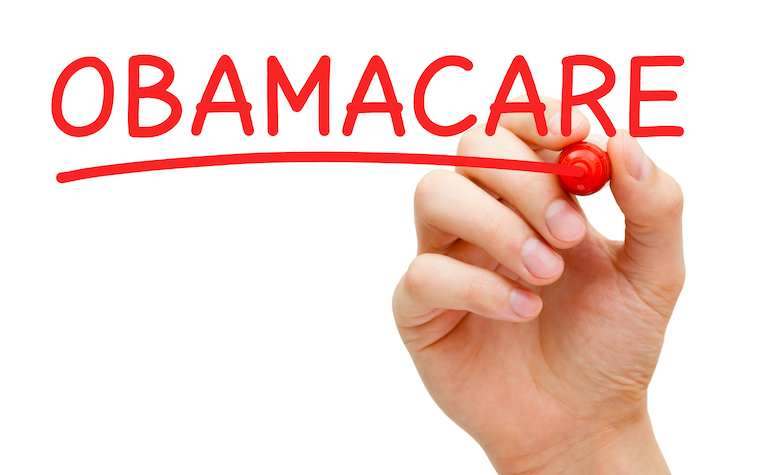
“I believe the government is wrong: the government owes the money, and we’re going to pursue it aggressively,” Daniel Albers, counsel for Land of Lincoln, recently told Patient Daily News.
The Chicago-based nonprofit health insurer claims it is owed this money as part of its deal with the federal government to participate in the health insurance exchanges -- a deal that was designed under the Affordable Care Act (ACA) to level the financial playing field for participating co-ops.
Specifically, Land of Lincoln is among myriad co-ops across the country that began business under one of the ACA’s three related federal programs, Albers, a Chicago attorney with Barnes and Thornburg LLP, said.
“The bottom line is there are three Rs for the Obamacare program for mutual health insurance companies that want to qualify as QHPs, or qualified health providers: risk adjustment, risk corridor and re-insurance,” he said.
Albers went on to explain that the largest of the three is the risk corridor program, which Lincoln participates in. Essentially, the risk corridor program was set up to take money from insurers that garnered big profits on the exchange, and then give it to the insurers that lost big money on the exchange. Land of Lincoln lost big; as of March 31, the startup reported a net loss of $7.1 million.
Because the company still hasn’t received its risk corridor payments -- which total more than $73 million for 2014 and 2015 -- it is struggling to survive. At the same time, Land of Lincoln also awaits what is currently its uncalculated risk corridor payment for 2016, bringing the total owed to around $80 million, Albers estimates.
“Under the risk corridor program, the statute provides that the government will reimburse for losses on a formula in excess of 3 percent each fiscal year," Albers said. "We understood that was what the government and the U.S. Department of Health and Human Services (HHS) were contracting with us to provide pursuant to the statute. They have not made those payments. They only made 12.6 percent on the payments in the first year, no payments on the second year, and will not make payments until the first year is paid off for 2016."
Similarly, four other lawsuits have been filed against the federal government in the U.S. Court of Federal Claims, with another filed in the U.S. District Court of Maryland, Albers stated.
One of the four filed in federal claims court is by the nation’s largest nonprofit health insurance company created under Obamacare to fail financially, Health Republic Insurance of New York. The co-op shut down unexpectedly at the end of 2015, stranding more than 200,000 New Yorkers without coverage.
Health Republic has filed a punitive class action lawsuit, which the federal government has moved to dismiss, according to Albers.
The fifth pending case filed last month is by Maryland insurer Evergreen Health Cooperative, which alleges in its district court filing that the method for determining how much companies pay or receive under the risk adjustment program favors older, more well-established companies. According to its lawsuit, that puts small co-ops like Evergreen at a disadvantage, which is filed against HHS and the U.S. Centers of Medicare and Medicaid Services.
To date, a dozen of the nation’s 24 co-ops have failed under Obamacare, which continues to be a contentious issue on Capitol Hill as the country approaches the 2016 presidential election.